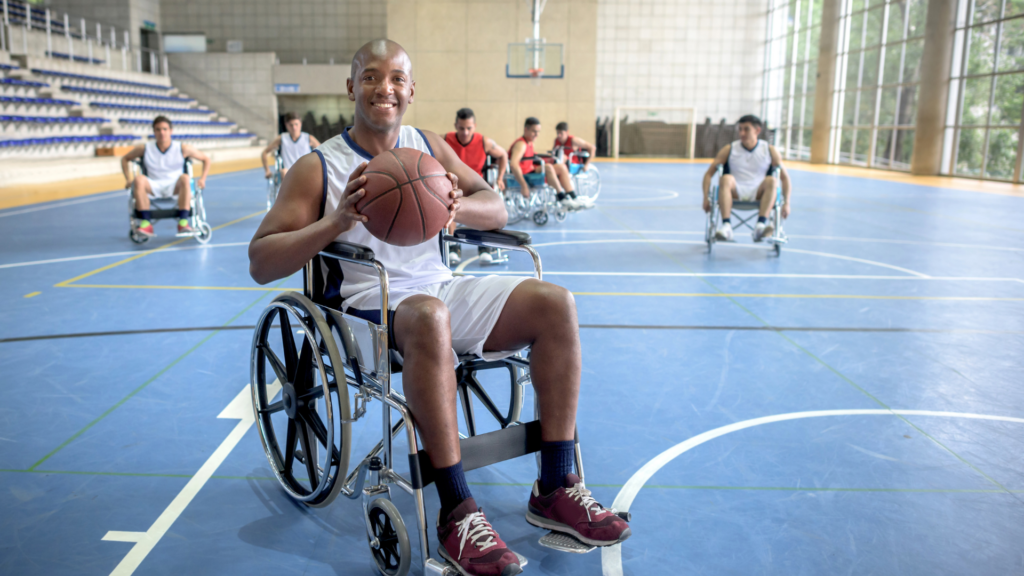The Rise of Wearable Technologies Empowering Disabled Athletes to Monitor Performance and Health
Wearable technology has revolutionized how athletes track and enhance their performance, and for disabled athletes, these innovations offer unprecedented opportunities to monitor health, improve training, and achieve their personal best. From smartwatches to fitness trackers, these devices provide detailed insights and real-time feedback, transforming the landscape of adaptive sports. Here’s a look at some of the latest wearable technologies that are making a difference for disabled athletes.
Smartwatches have become an essential tool for athletes, including those with disabilities. The latest models offer a range of features that cater to both performance tracking and health monitoring:
- Performance Tracking Modern smartwatches, such as the Apple Watch Series 9 and the Garmin Forerunner 945, come equipped with advanced sensors that track various metrics including heart rate, GPS location, and movement patterns. For disabled athletes, these features can be crucial in monitoring activity levels, measuring distances, and analyzing performance in real-time.
- Many smartwatches now offer comprehensive health monitoring capabilities, such as ECG (electrocardiogram) readings, blood oxygen levels, and sleep tracking. These features help athletes keep tabs on their overall well-being and make informed decisions about their training and recovery.
- Accessibility Features in smartwatch accessibility include voice control, customizable displays, and compatibility with various assistive technologies. These features ensure that athletes with different abilities can use smartwatches effectively.
Fitness trackers are another valuable tool for athletes with disabilities, providing detailed insights into physical activity and health metrics:
- Activity Tracking devices like the Fitbit Charge 5 and the WHOOP Strap 4.0 offer robust activity tracking features, including step counts, calorie expenditure, and workout intensity. For disabled athletes, these trackers help monitor daily activity levels and adjust training plans accordingly.
- Health Metrics many fitness trackers also include heart rate monitoring, sleep analysis, and stress tracking. These metrics are essential for understanding how the body responds to different activities and for managing overall health. Some fitness trackers are designed with adaptive features such as large, readable displays and easy-to-use controls, making them more accessible for users with physical or visual impairments.
Smart clothing represents a cutting-edge development in wearable technology, integrating sensors directly into fabrics to provide detailed performance and health data:
- Performance Tracking companies like Hexoskin and Athos produce smart clothing that includes embedded sensors to track muscle activity, heart rate, and breathing patterns. This technology provides athletes with in-depth insights into their physical exertion and recovery. Smart clothing is designed for comfort, using breathable and stretchable materials that ensure the sensors remain in place without affecting the athlete’s movement. This integration allows for continuous monitoring during both training and competition.
- Real-Time Feedback some smart clothing offers real-time feedback through connected apps, helping athletes make immediate adjustments to their techniques and training regimens based on the data collected.
For athletes with specific mobility needs, assistive devices equipped with advanced technology offer significant benefits. Devices such as the ReWalk exoskeleton use sensors and robotics to assist with movement and monitor physical progress. These assistive devices provide detailed data on movement patterns and exertion, helping users track their progress and optimize their use of the equipment.
Customized data tracking assistive devices often come with specialized apps that offer tailored insights based on the user’s unique needs. This customization ensures that athletes can monitor specific aspects of their performance and health relevant to their disabilities.
The future of wearable technology in adaptive sports promises even more advancements. AI Integration future wearables are expected to integrate more advanced AI algorithms for predictive analytics, offering insights into potential injury risks and optimal training adjustments.
Enhanced Connectivity improvements in connectivity and integration with other devices will allow for more seamless data sharing and a more comprehensive understanding of an athlete’s health and performance. Wearable technology will continue to evolve towards greater personalization, with devices designed to cater to the specific needs of athletes with various disabilities.
In Conclusion, wearable technologies, from smartwatches and fitness trackers to smart clothing and assistive devices, are transforming how disabled athletes monitor their performance and health. These innovations offer valuable insights that enhance training, improve recovery, and support overall well-being. As technology continues to advance, the potential for even more personalized and effective wearable solutions is immense, promising to further empower athletes and elevate the standards of adaptive sports.

